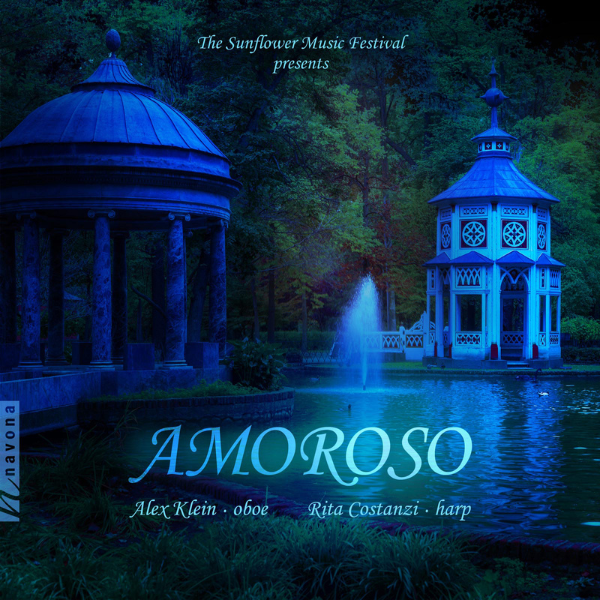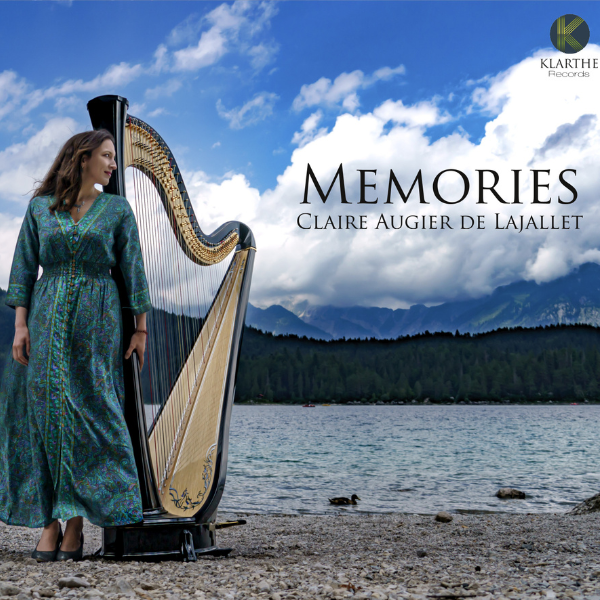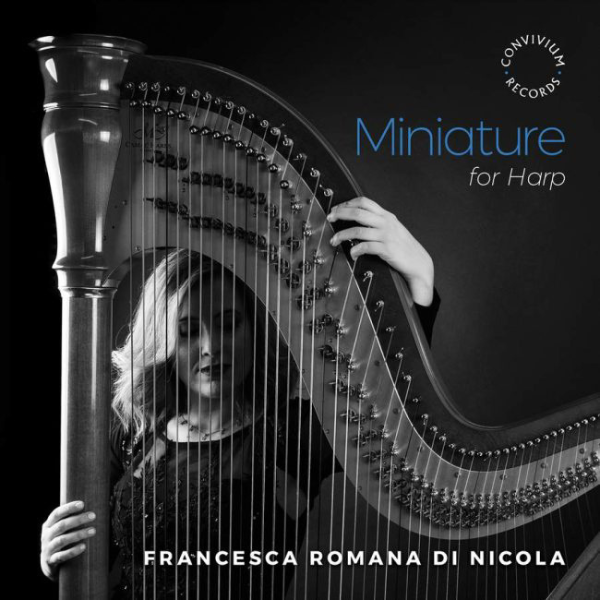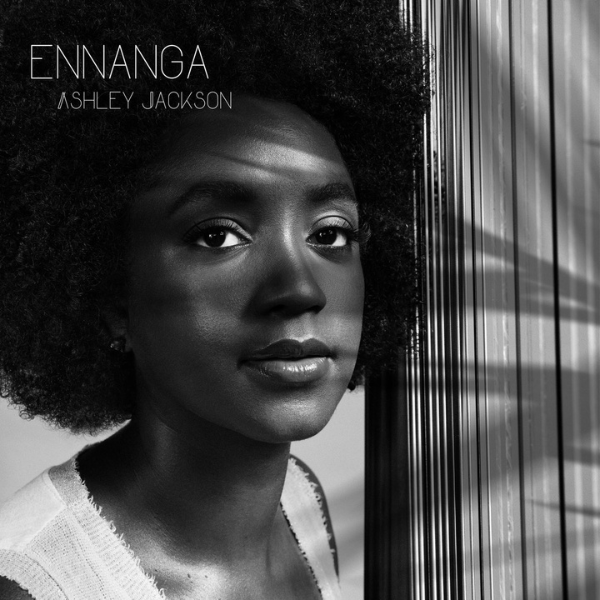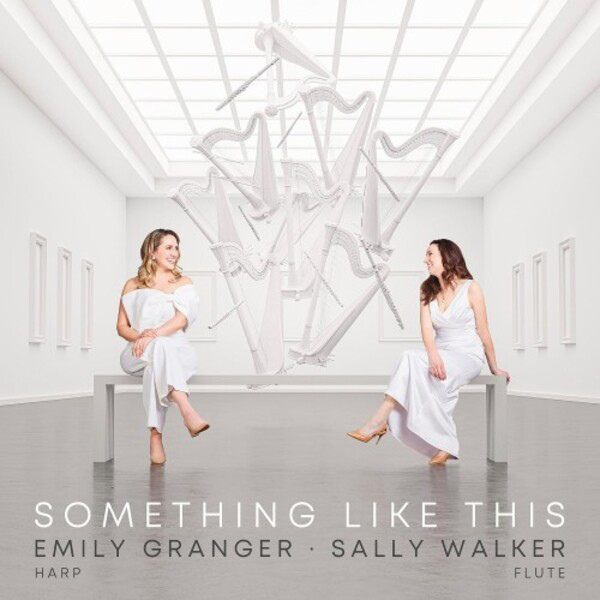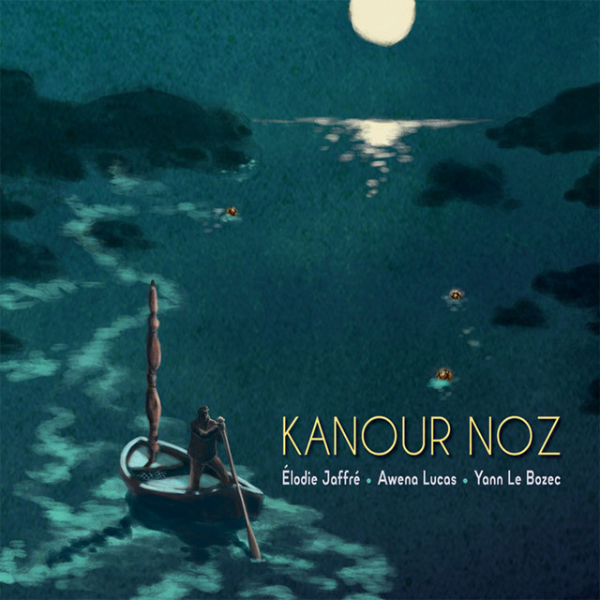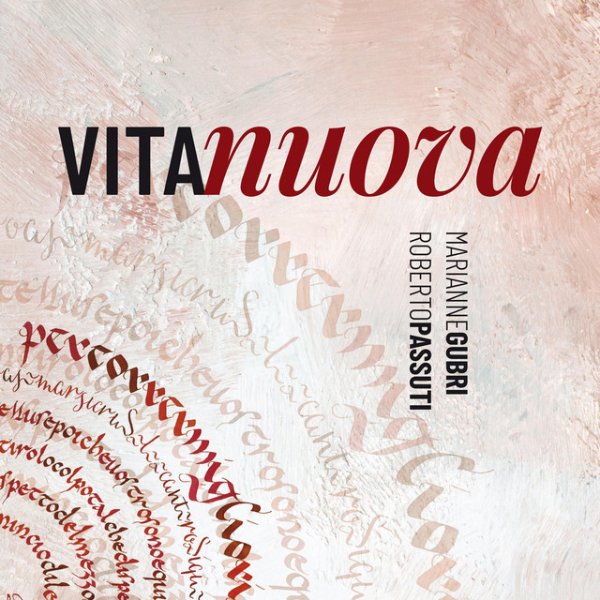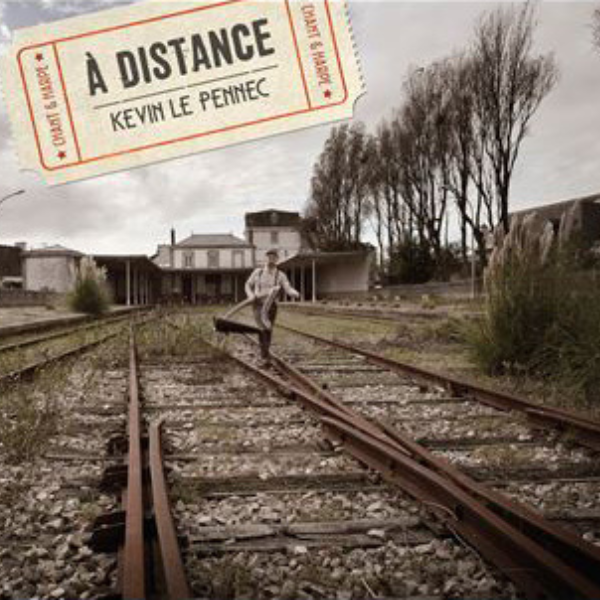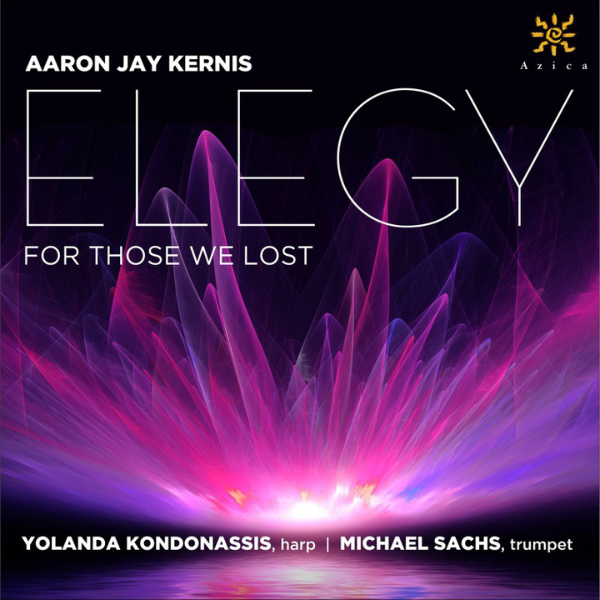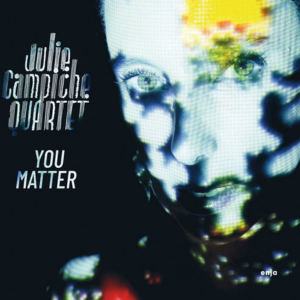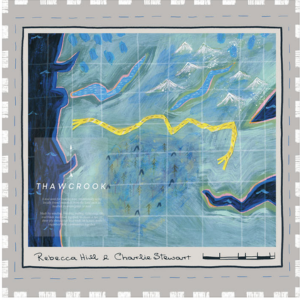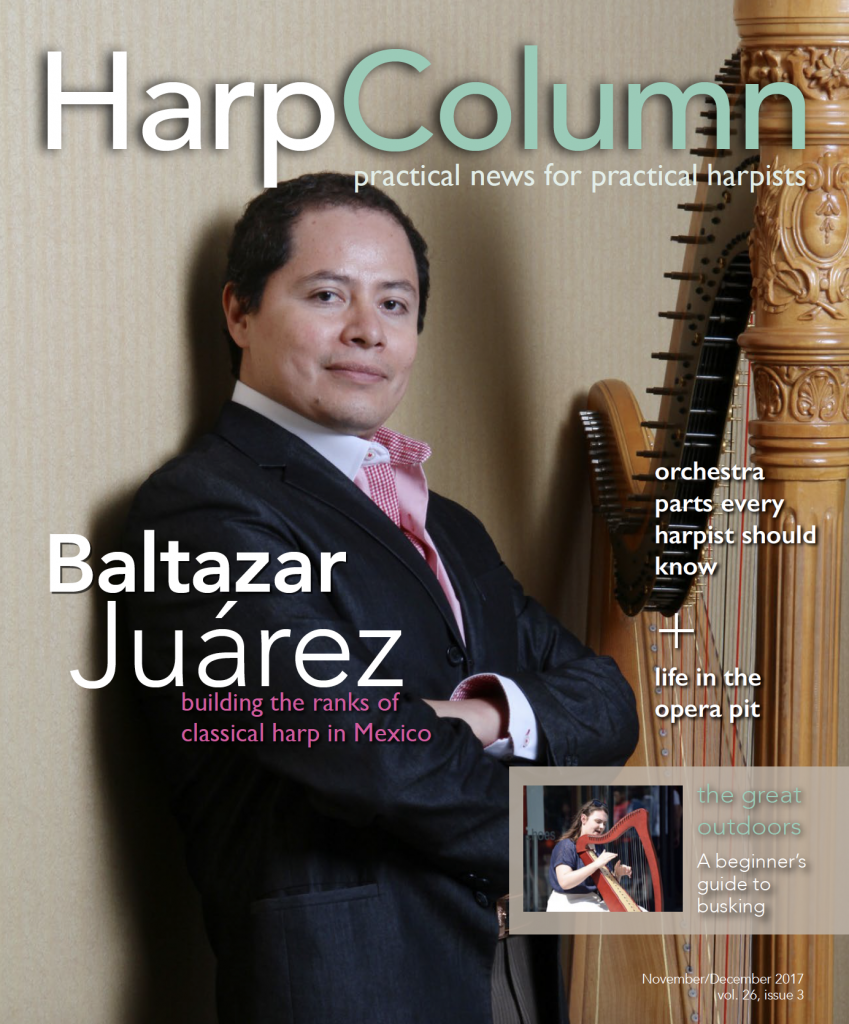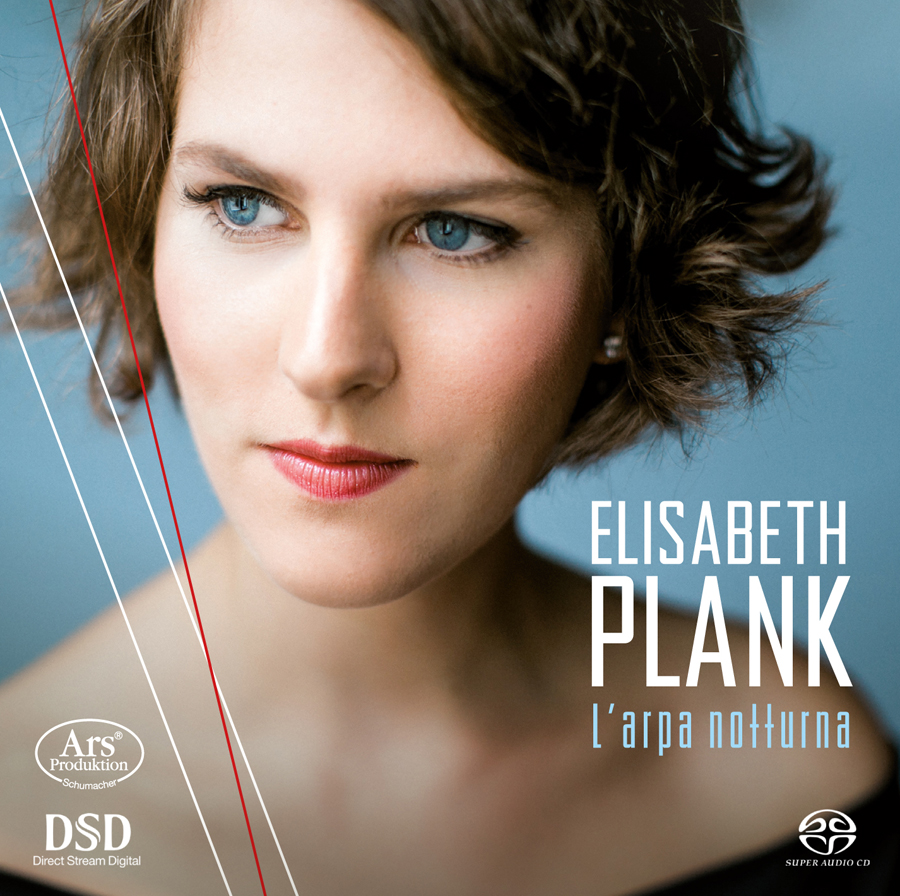
9/10
Elisabeth Plank, harp. Ars, 2016
In her debut album, L’arpa notturna, Viennese harpist Elisabeth Plank chose the works through their connected theme of the night, but she assures us this is more by accident than design as her intent is to demonstrate the harp as a fully-fledged solo instrument—and presumably herself, as a consummate musician capable of producing any shade of color in polished splendor, all with a gift few of us have: to make it sound easy.
“The harp is still suffering from the effects of the nineteenth century.” Elisabeth tells us at the outset, this disc is about reconciling herself to a tradition born of ladies in floor-length dresses playing the harp in salons. Though there is plenty of that period represented on the disc, most was likely far too difficult for the salon harpists of the day.
A command of the instrument and its many moods is what sets Elisabeth apart from the very first note of the Liszt transcription of Le Rossignol, a Russian song later arranged by harpist Henriette Renié. Elisabeth is not playing the music, but embodying it, especially in her astonishing and exaggerated chiaroscuro of light and dark.
Magically this introduction prepares the listener for the more academic pulse of Hindemith. Elisabeth interrupts the momentum with poignancy, making each phrase count. The line of phrase sings, even in the second Lebhaft movement that could all too easily be an exercise in technique.
This idea of bel-canto-playing-throughout-no-matter-what-is-required-technically is especially apparent in the pedal harp showcase by Wilhelm Posse, Variations on the Carnival of Venice. This warhorse is not on my playlist, but in Elisabeth’s hands, it takes on a new magnitude of possibility. She detaches each voice, allowing them their individuality and creating the startling effect of two players.
Elisabeth thoughtfully chose two works seemingly written for her. Nino Rota’s Sarabanda e Toccata she plays with just the right detached and mysterious subtlety of a composer. She plays Mikhail Glinka’s Nocturne with perfect dramatic timing. Her arrangement of Franz Schubert’s Nachstmusik encapsulates all she wishes for this CD, to reflect the versatility of the harp, even within the confines of a simple song where the ability to express emotion without words is boundless.
New to me was the Ami Maayani’s Maqamat, a lush, almost improvisatory work that takes its cue from Arabic modes. After so much dusky beauty, you will be eager for the rustic quality of pedal changes mid-phrase, a wild dynamic range, and smoky glissandi. •






